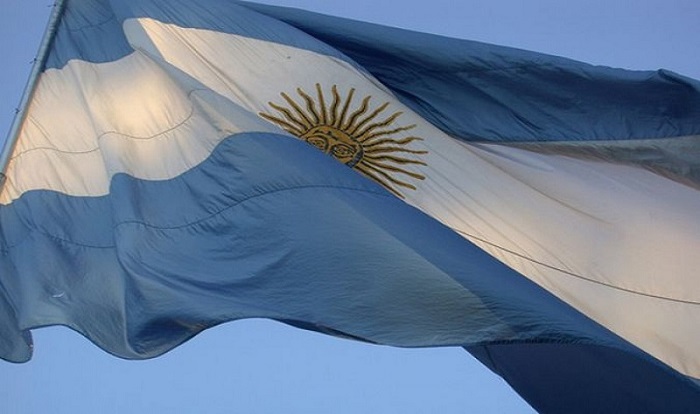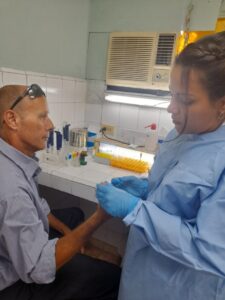Argentines woke up today to another blow to their pockets: new increases in electricity, gas, water, transport, rents, tolls and prepaid clinics are beginning, straining their creativity to stretch their incomes. These are a continuation of tariff increases that have been taking place since the government of President Javier Milei began his administration in practice in January 2024.
This time electricity and gas bills are going up 2.5 per cent and 3.0 per cent, respectively, while public transport fares in the Buenos Aires underground network are going up by 5.7 percentage points and bus fares by 5.9 per cent in the province of Buenos Aires and 5.7 per cent in the capital.
In the case of the underground, a ticket with a registered prepaid card will cost 919 pesos (0.87 dollars), while those who do not have a registered card or pay directly at the ticket office will pay 1,461 pesos (1.39 dollars).
As for rents, tenants who signed contracts governed by the repealed law that regulated the rental market will have to face the update of the Index of Rental Contracts, which has jumped 95.24 per cent annually for May.
The increase in the health plans of the prepaid clinics will be around 2.4 to 2.7 per cent, according to the company, which makes the cost of medicine heavier, taking into account the continuous increase of medicines. For example, an aerosol of Budesonide, which years ago cost three to five dollars depending on the retailer, now costs 20 dollars.
Toll rates in the capital’s jurisdiction increased by 5.7. The new values for light vehicles with two axles on Autopista 25 de Mayo and Perito Moreno, for example, as of today are two thousand 637 (2.50 dollars) during non-peak hours and three thousand 730 (3.54 dollars) during peak hours. On other highways the increase is higher.
Finally, drinking water and sewage services will cost 1 per cent more in Greater Buenos Aires, a metropolitan area that includes the capital and 11 populous municipalities in the province with more than 17 million inhabitants.
According to this increase – as in April – some users, depending on their area of residence, will pay up to 27,344 pesos (26 dollars).
Although everyone suffers, these increases will be felt most heavily by pensioners and low and minimum income families, the hardest hit by the inflationary wheel.
Javier Milei’s government claims that these increases are in line with inflation; however, a study by the University of Buenos Aires shows that the cost of public services for a household in the Metropolitan Area without subsidies rose 7.7 per cent in March, and May looks in the same mirror.
For what it’s worth, petrol and diesel prices are down 4.2 per cent, but not thanks to the Casa Rosada’s policy, but to a drop in international oil prices, according to the YPF company.




